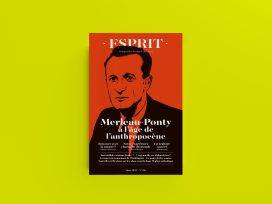
To have a body
Esprit 3/2025
Esprit revisits the philosophy of Maurice Merleau-Ponty: including Guillaume Le Blanc on ‘incarnation’; Corine Pelluchon on eco-phenomenology; and Judith Revel on Merleau-Ponty, ‘the eternal runner-up’.

Esprit revisits the philosophy of Maurice Merleau-Ponty: including Guillaume Le Blanc on ‘incarnation’; Corine Pelluchon on eco-phenomenology; and Judith Revel on Merleau-Ponty, ‘the eternal runner-up’.
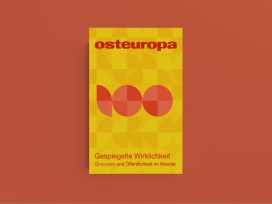
Osteuropa at 100: Manfred Sapper on the history of the journal from Weimar to the present; Gerd Koenen on a century of German–Russian projections; Katharina Raabe on eastern European literature in translation; Dorothea Redepenning on the bilateral politics of classical.
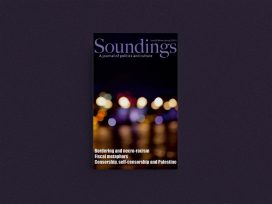
How disenchantment with government has fuelled necropolitics; statue mania in the age of empire; and a conversation about censorship, self-censorship and Palestine.

The Taliban’s persecution of musicians in Afghanistan; how performing the wrong songs became deadly in Turkey; a fresh wave of repressions against popular music in Cuba; and the stigmatization of drill in the UK.
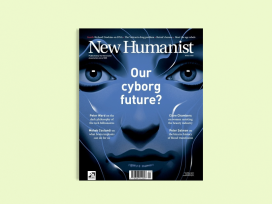
Problematic tech philosophies: How ‘effective altruism’ and ‘longtermism’ have permeated the highest echelons of academia and government; the ethical concerns surrounding brain-computer interfaces; and enduring obsessions with the blood transfusion.
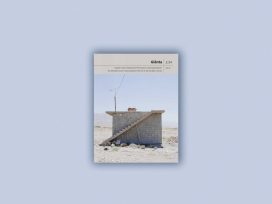
On the past, present and future of Kurdistan: rethinking power structures; statelessness in a world of states; and Kurdistan as a war laboratory.
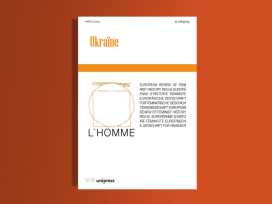
Localized political shifts have shaped Ukrainian women’s rights over the centuries: the Russian Empire once afforded property rights for aristocratic women in the south; socially active daughters of Greek-Catholic priests founded Galician societies under Habsburg rule; and forced migrants today forge new academic paths.
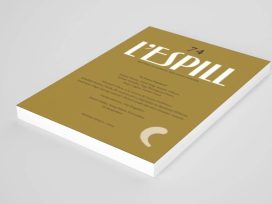
Spain’s communities, though autonomous, struggle with national cultural and economic hierarchy: Valencia calls for regional unity via federalism; Catalan tackles ‘ethnotypes’; and Basque defends its bid for reform.
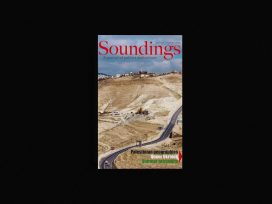
On the geography of Israeli settler colonialism; queer perspectives on the war in Ukraine; the experiences of Afghan ‘returnees’; and the familiar pattern of UK Labourism.
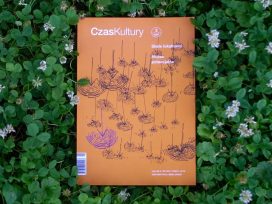
The politics and psychology of locality: on reviving local communities as high-tech expands and diversifies; forming networks against entropy; the Tortoise Strategy for caring; and rewriting life scripts.
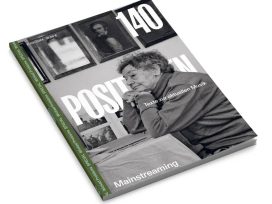
Questioning the canon of electronic music history: on feminist debate between integrating women composers and anti-mainstreaming; the Danish composer who wrote her place in the chronicles. Also, empathetic yet non-romantic environmental sound art in Finland.
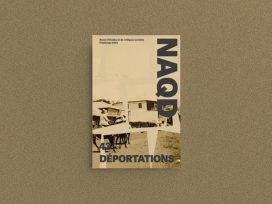
The lurid past of French colonial expulsion and incarceration: of Algerians sent to French Guiana; Jews interned in camps termed ‘battalions’; and French colonized peoples replacing convicts as forced labour.

Reappraising Keynes and Hayek: cartoon figureheads on the frontlines of an ideological war; clearing the ground for an honest debate by debunking Keynesian and Hayekian myths; and the paradox of Hayek’s theory of markets as information networks.
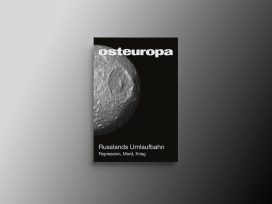
Repression, murder, war: on the logic driving the Putin regime toward ever-greater excesses of violence. Featuring Yuri Andrukhovych on the Russian colonial empire – the only ever to have tried to reconquer a former possession. Also: articles on Navalny, and on what next for Georgia?

Rituals as collective practices: why rituals offer solutions to the problems of our rationalist age; an example of ritualism cum eco-activism; artivism and AIDS campaigning in the 90s; and how sorcery can save the planet.
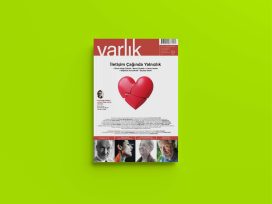
The case for more embodied communication; on digitalisation and the privatisation of art; a balanced view of gaming; the historical roots of social polarisation in Turkey; and isolation in the films of Nuri Bilge Ceylan.